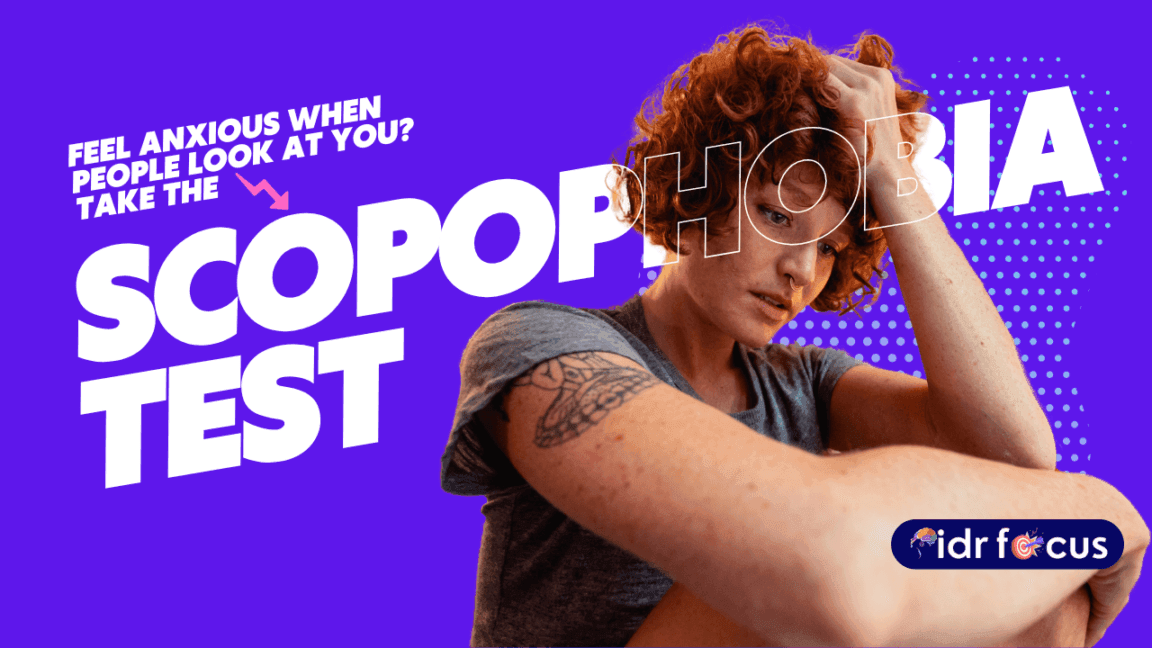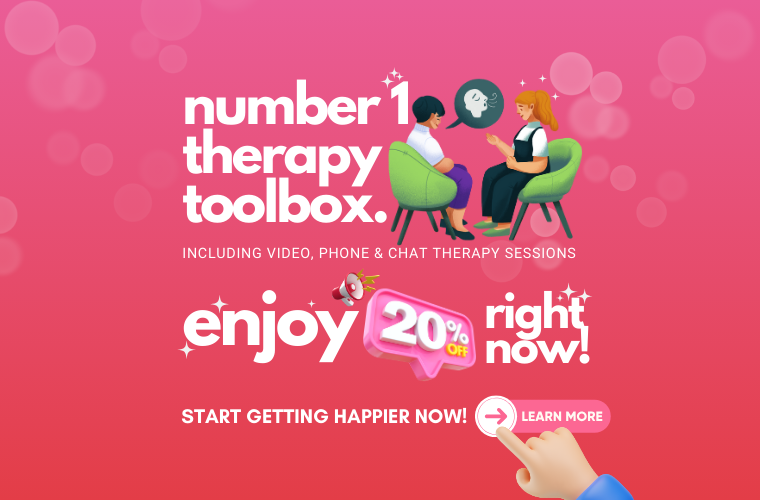Why Take The Scopophobia Test?
Taking a scopophobia test can be the first step toward understanding your reactions in social settings and determining if they align with the symptoms of scopophobia. This test is designed to measure how often you experience certain feelings associated with this specific phobia, helping you to identify patterns that may require attention or treatment.
What Is Scopophobia?
Scopophobia, often understood as the fear of being watched or stared at, is a type of anxiety disorder that can significantly impact daily functioning and social interactions. People with scopophobia often experience intense discomfort and may avoid eye contact or social settings where they feel they might be the center of attention. This fear can be so pervasive that it disrupts normal activities and can lead to broader social anxiety disorders.
How the Scopophobia Test Works
Scoring is assigned as follows:
- Never (0 points)
- Rarely (1 point)
- Sometimes (2 points)
- Often (3 points)
- Very Often (4 points)
Each question should be answered with the frequency that best matches your own experiences.
Interpreting Your Test Results
Your total score will fall into one of the following three categories, each offering insights and recommendations to help you understand and manage scopophobia:
0–15 points: Low Concern for Being Observed
This score suggests minimal discomfort related to being observed. You generally feel at ease in public or social settings, with little interference from scopophobia symptoms.
Recommendations:
- Keep participating in social activities that reinforce your comfort.
- Practice mindfulness to stay grounded in potentially stressful moments.
- Use your confidence to support others who may feel anxious in social spaces.
16–30 points: Moderate Discomfort in Public Settings
This score indicates some unease in situations where you feel watched or might be the center of attention. While not overwhelming, this discomfort may affect certain activities or gatherings.
Recommendations:
- Gradually expose yourself to mildly challenging social situations to build resilience.
- Use deep breathing techniques to manage anxiety as it arises.
- Set small, achievable goals for facing situations that cause unease.
31–50 points: High Sensitivity to Being Observed
This score indicates significant distress related to being observed or feeling in the spotlight, possibly impacting your social life or daily activities. Working through this sensitivity with support can be very beneficial.
Recommendations:
- Consider speaking to a mental health professional to explore coping strategies.
- Gradually face mildly uncomfortable situations to build tolerance, starting with safe settings.
- Practice self-compassion and remind yourself that improvement is a journey.
Each category offers guidance to help you understand and address scopophobia. Remember, reaching out for support and discussing your experiences is a valuable step toward overcoming this challenge.
Recommendations to Prevent it:
Understanding and addressing scopophobia can significantly improve your quality of life. Cognitive Behavioral Therapy (CBT) and Exposure Therapy are effective treatments. These therapies help by gradually exposing you to the feared situation until it becomes more manageable. For severe cases, consulting a mental health professional to discuss the possibility of medication, such as Selective Serotonin Reuptake Inhibitors (SSRIs), can also be beneficial.
Important Note:
By completing this test and reflecting on your answers, you take a vital step toward recognizing and managing scopophobia, paving the way for a more comfortable and confident social life.
Our Scopophobia test is not a substitute for a professional diagnosis. If your test results suggest moderate to extreme scopophobia, it is advisable to seek guidance from a qualified mental health professional.
Instructions:
Answer each question according to how you typically feel in situations where you might be watched or observed. Choose the option that best describes your usual response or feeling.
Disclaimer
This Scopophobia test is designed for informational purposes only and should not be considered a definitive diagnosis. For a thorough assessment, consult a mental health professional.
Related Screening Tests You Can Try:
- Question of
How often do you avoid eye contact because you feel uncomfortable?
- Never
- Rarely
- Sometimes
- Often
- Very Often
Correct Wrong
- Question of
When in a social setting, how frequently do you feel the need to escape or hide?
- Never
- Rarely
- Sometimes
- Often
- Very Often
Correct Wrong
- Question of
Do you often feel panic attacks brewing when you think someone is watching you?
- Never
- Rarely
- Sometimes
- Often
- Very Often
Correct Wrong
- Question of
How likely are you to avoid places where you think people might stare at you?
- Never
- Rarely
- Sometimes
- Often
- Very Often
Correct Wrong
- Question of
How often do family members notice that you are uneasy in the spotlight?
- Never
- Rarely
- Sometimes
- Often
- Very Often
Correct Wrong
- Question of
Do physical symptoms (e.g., sweating, trembling) appear when you are in a situation where you could be observed?
- Never
- Rarely
- Sometimes
- Often
- Very Often
Correct Wrong
- Question of
How frequently do you feel fear or anxiety about being in open spaces where people are around?
- Never
- Rarely
- Sometimes
- Often
- Very Often
Correct Wrong
- Question of
How often do you actively avoid activities where you might be the focus of attention?
- Never
- Rarely
- Sometimes
- Often
- Very Often
Correct Wrong
- Question of
How often do you feel a strong fear of being stared at in public places?
- Never
- Rarely
- Sometimes
- Often
- Very Often
Correct Wrong
- Question of
How frequently do your symptoms disrupt your normal social or work activities?
- Never
- Rarely
- Sometimes
- Often
- Very Often
Correct Wrong
- Question of
How often do you think about or consider whether social phobias or anxiety disorders run in your family?
- Never
- Rarely
- Sometimes
- Often
- Very Often
Correct Wrong
- Question of
How often do you feel that people are watching you, even if they might not be?
- Never
- Rarely
- Sometimes
- Often
- Very Often
Correct Wrong
- Question of
Do you experience fear of being watched that is disproportionate to the actual situation?
- Never
- Rarely
- Sometimes
- Often
- Very Often
Correct Wrong
- Question of
How often do you seek corners or less crowded places to avoid being seen?
- Never
- Rarely
- Sometimes
- Often
- Very Often
Correct Wrong
- Question of
When faced with a gathering or meeting, how frequently do you feel the urge to not attend due to discomfort from potential stares?
- Never
- Rarely
- Sometimes
- Often
- Very Often
Correct Wrong


